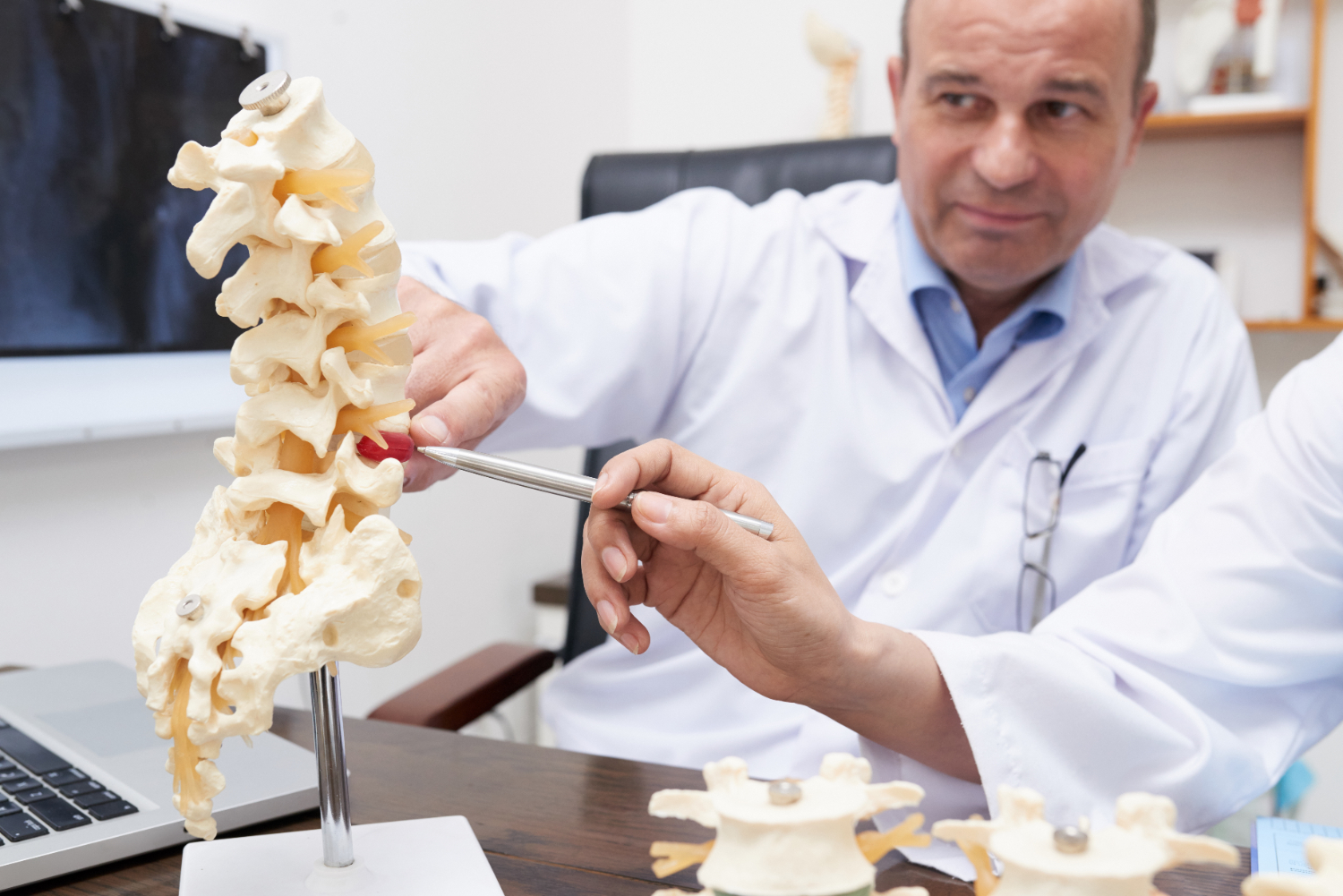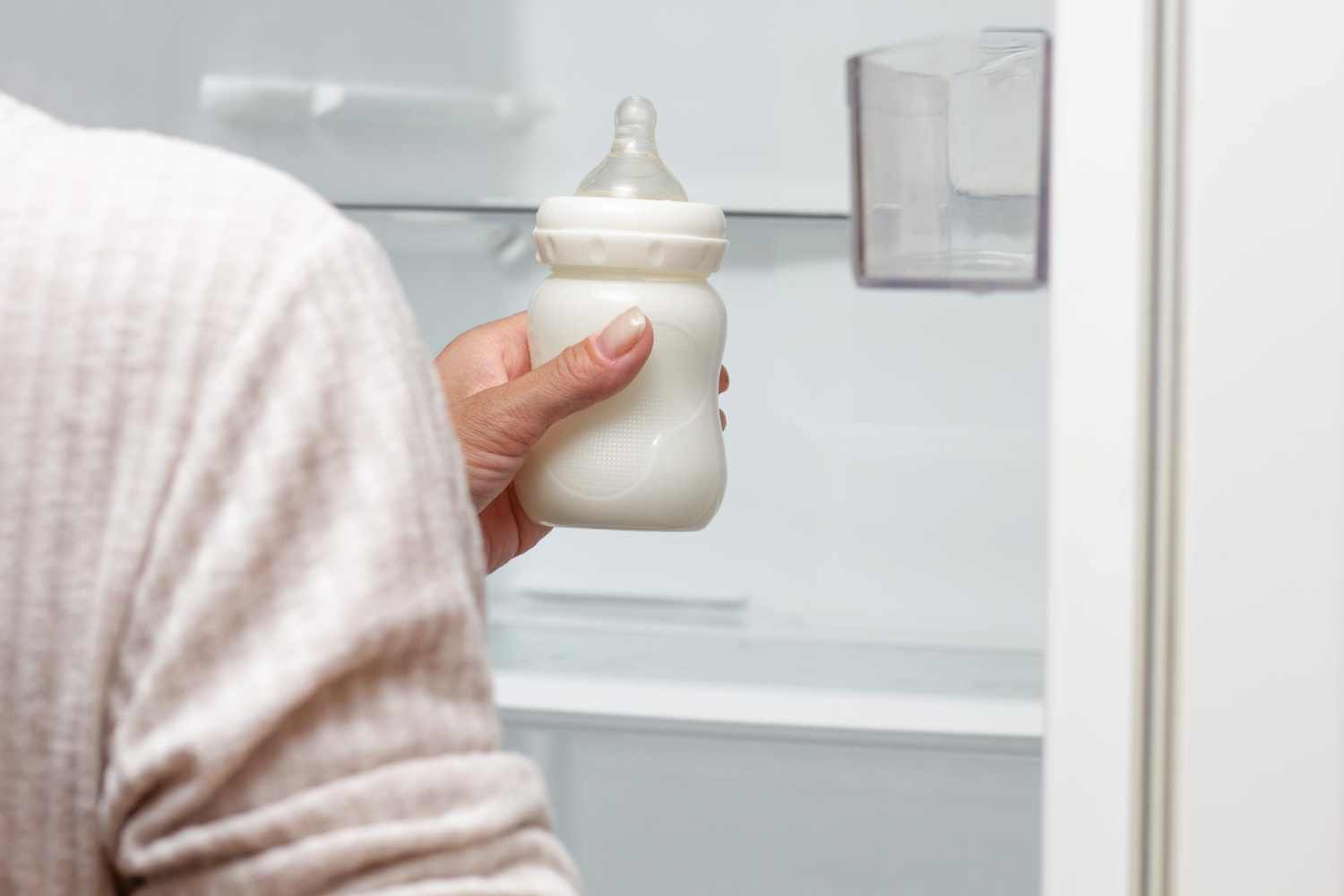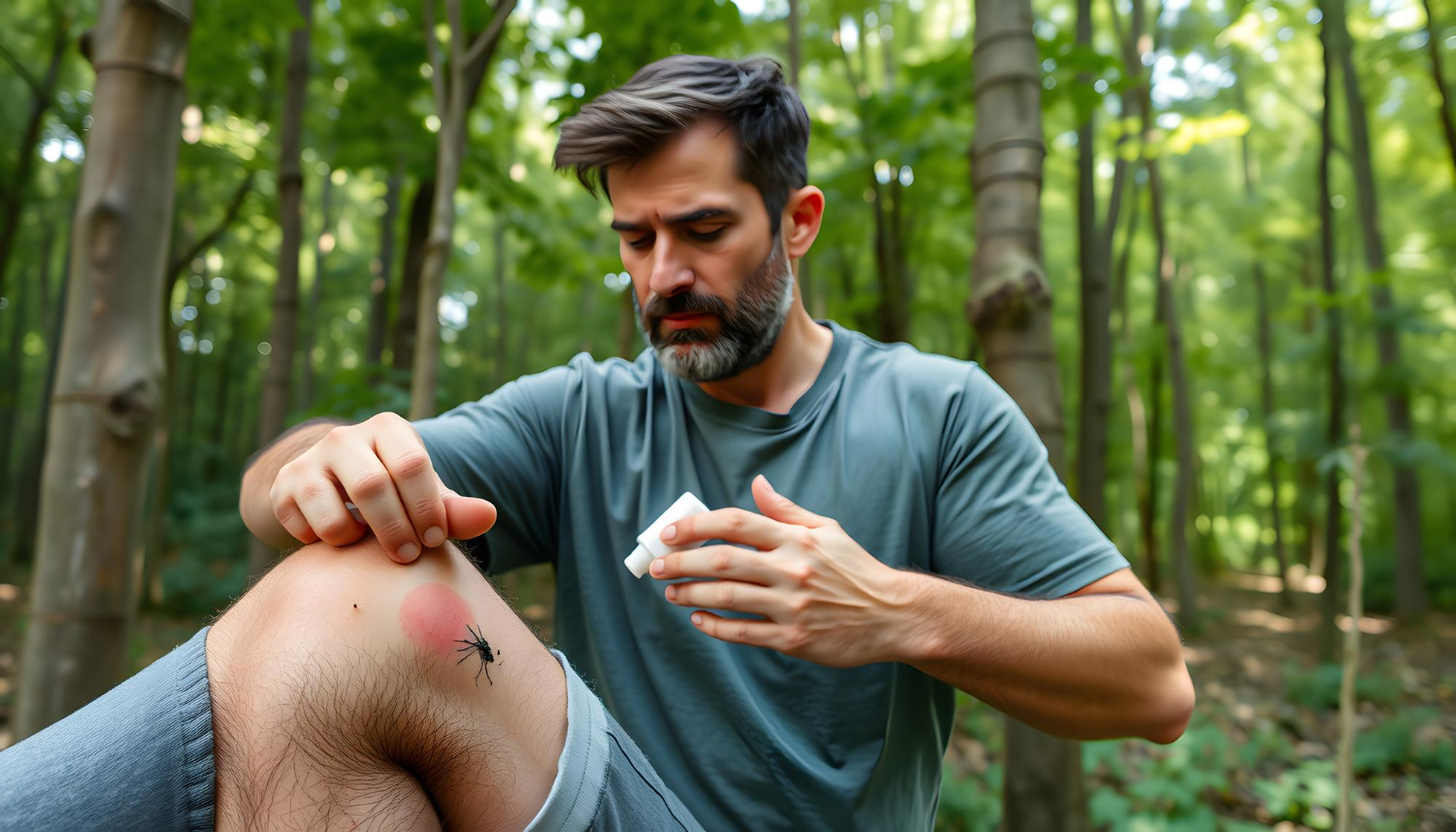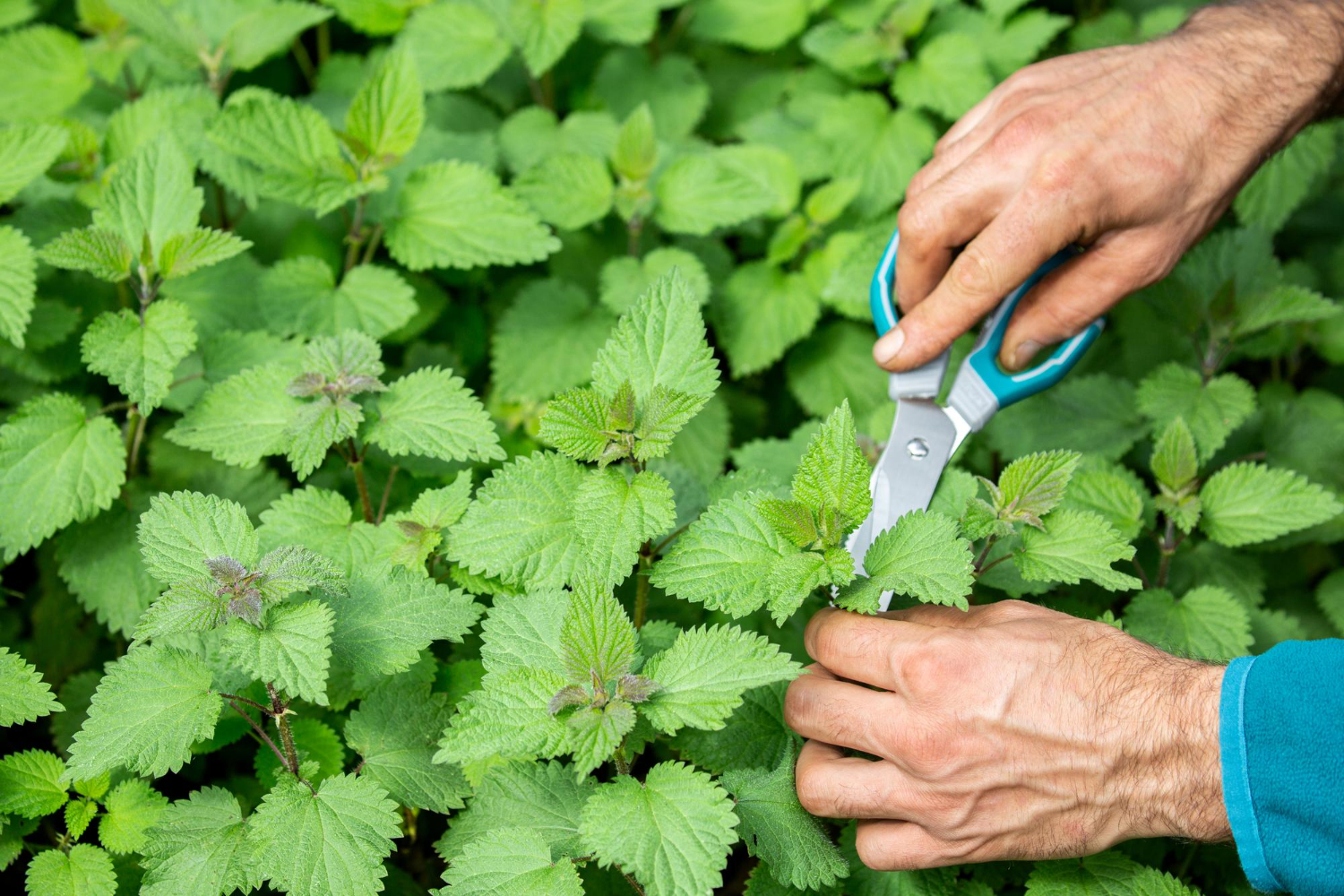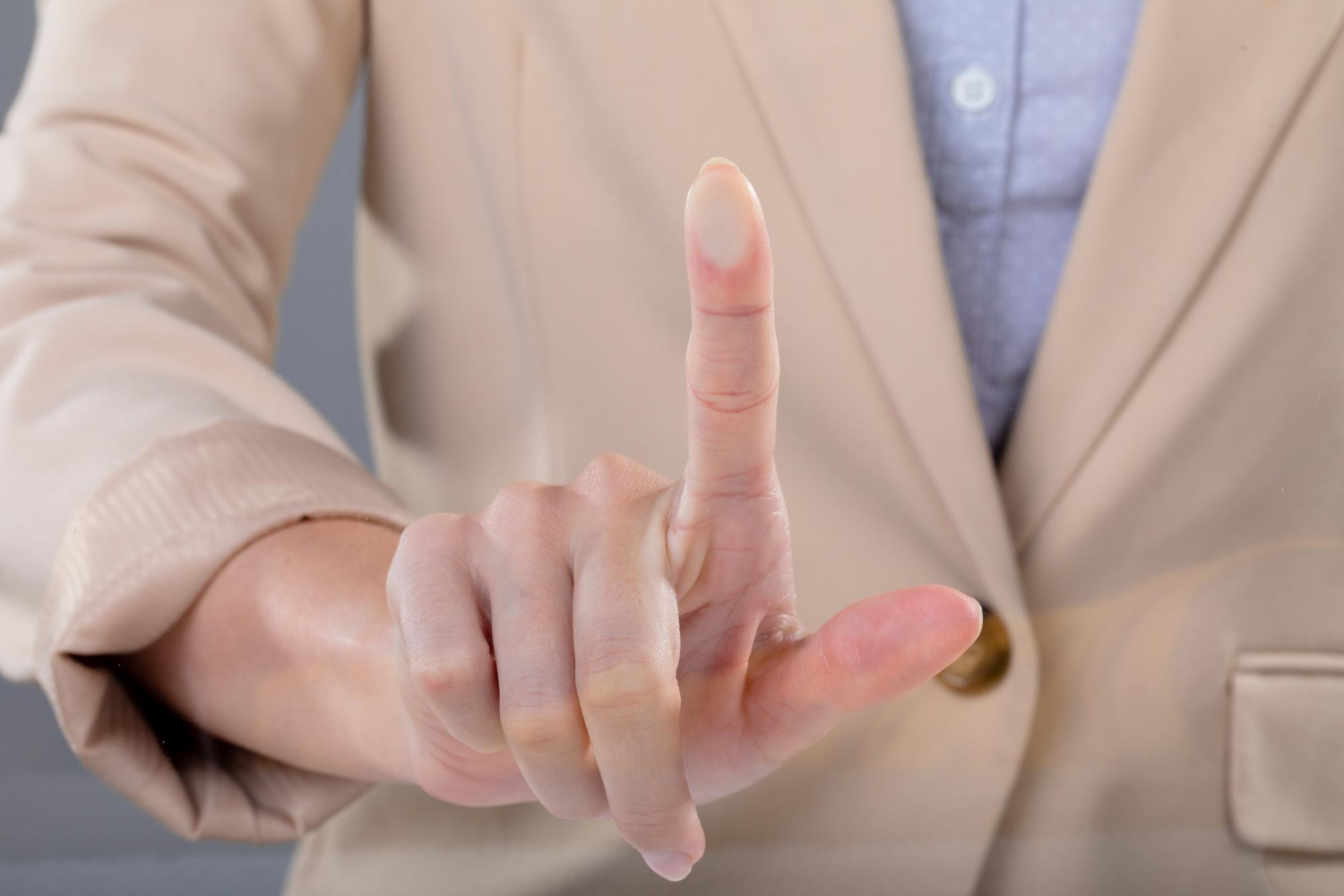Gnat bites may be small, but the itch they leave behind can feel disproportionately annoying. These tiny bugs—often mistaken for mosquitos—use their saliva to trigger an immune reaction, causing redness, itching, and swelling. While generally harmless, scratching gnat bites can lead to skin irritation or even infection. Thankfully, there are practical ways to stop gnat bites from itching and to avoid making the bites worse.
This guide covers everything you need to know about treating gnat bites, relieving that persistent itch, and preventing future bites. Whether you’ve been attacked during a hike or at a backyard BBQ, these tips will provide the itch-free relief you need.
What Makes Gnat Bites Itch?
When gnats bite, they inject their saliva into your skin. This saliva contains anticoagulants that thin your blood, making it easier for them to feed. Unfortunately, your immune system identifies this foreign substance as a threat and releases histamines to fight it off. The result? Redness, swelling, and that classic intense itching.
It’s worth noting that some people experience worse reactions to gnat bites than others. This is often due to genetics, immune sensitivity, or pre-existing allergic tendencies. If gnat bites leave you especially uncomfortable, it could mean you’re having a stronger histamine response.
How to Stop Gnat Bites from Itching
Here are eight effective steps to relieve itching caused by gnat bites:
1. Wash the Bite Area
The first and most essential step is to clean the bite with soap and water. This not only removes dirt and bacteria from the surface but also reduces the risk of infection. Follow these steps:
- Use gentle soap and lukewarm water.
- Gently pat (not rub) the area dry with a clean towel.
Washing the bite can also provide an immediate soothing sensation to slightly reduce itching.
2. Apply a Cold Compress
Using a cold compress numbs the skin and reduces swelling. Cold temperatures restrict blood flow to the bite area, which helps ease the inflammation. Here’s how to use one effectively:
- Wrap an ice pack or a bag of frozen vegetables in a clean cloth.
- Apply it to the bite for 10–15 minutes.
- Repeat as needed throughout the day.
Never place ice directly on your skin, as it could cause frostbite.
3. Use Anti-Itch Creams or Lotions
Over-the-counter anti-itch treatments can quickly calm irritation around a gnat bite. Some effective options include:
- Hydrocortisone cream: Reduces redness and swelling caused by inflammation.
- Calamine lotion: Provides a cooling effect that soothes irritated skin.
- Aloe vera gel: Naturally hydrates and cools the skin while helping it heal.
Apply these products according to the instructions on the packaging, and avoid overusing hydrocortisone.
4. Take Antihistamines
Antihistamines work by blocking the histamines that cause itching. These medications are especially useful if you experience a strong reaction to gnat bites. Options include:
- Oral antihistamines, such as Benadryl (diphenhydramine) or Zyrtec (cetirizine).
- Non-drowsy formulas for daytime use.
Follow the dosage instructions on the packaging, and consult a pharmacist for further guidance if needed.
5. Avoid Scratching
Scratching may provide temporary relief, but it ultimately worsens itching by increasing inflammation. Plus, it heightens the risk of breaking the skin, which can lead to infection. If the urge to scratch becomes too much:
- Tap or lightly slap the bite instead.
- Keep your nails trimmed and clean.
- Distract yourself with a stress ball or similar tool that keeps your hands busy.
Remember, scratching may feel good for a moment, but it prolongs the healing process.
6. Elevate the Affected Area
If the bite is on an arm or leg, elevate the area above heart level to reduce swelling. Elevation improves blood flow and prevents fluid from accumulating around the bite, reducing pain and itchiness.
7. Try Home Remedies for Itch Relief
For those who prefer natural solutions, here are some tried-and-tested home remedies:
- Baking soda paste: Mix baking soda and water into a thick paste and apply it to the bite for 10 minutes before rinsing off.
- Honey: Apply a small amount of raw honey to the bite to reduce inflammation and act as a natural antibacterial agent.
- Oatmeal bath: Add a cup of colloidal oatmeal to a warm bath to soothe itching and calm irritated skin.
These remedies can be especially useful if you don’t have over-the-counter creams on hand.
8. When to See a Doctor
While most gnat bites are harmless, there are instances where medical attention is necessary. Contact a doctor if:
- The bite area becomes excessively swollen or red.
- Pus develops, indicating a potential infection.
- You experience symptoms of an allergic reaction, such as hives, breathing difficulties, or dizziness.
- The itching does not improve after two weeks.
Prompt treatment can prevent complications such as skin infections or worsening allergic responses.
How to Prevent Gnat Bites
Prevention is key to avoiding those pesky gnat bites altogether. Here’s how to reduce your chances of getting bitten in the first place:
1. Avoid Areas Where Gnats Thrive
Gnats tend to congregate in damp areas or near still water, such as marshes, ponds, or wet grass. Avoid spending extended time in these environments, especially during peak gnat seasons like spring and summer.
2. Wear Protective Clothing
Cover up with light, loose-fitting, long-sleeved shirts and pants. Gnats are less likely to bite through clothing, and lighter colors can help repel them.
3. Use Effective Repellents
- DEET-based repellents (20–30% concentration) are highly effective at keeping gnats at bay.
- For a natural alternative, choose repellents containing citronella, lemongrass, or oil of lemon eucalyptus.
Apply repellents to exposed skin and follow the instructions on the label.
4. Keep Gnats Out of Your Home
- Install window screens or seal gaps in doors and windows.
- Use fans—gnats are weak fliers, so steady airflow can deter them.
- Remove standing water around your home to eliminate their breeding grounds.
By staying vigilant, you can reduce the occurrence of gnat bites and the itching that follows.
Treating Gnat Bites the Right Way
Gnat bites can be irritating, but relief is within reach. Start by thoroughly cleaning the bite, using cold compresses, and applying anti-itch creams. For persistent itching or swelling, antihistamines or home remedies can provide additional comfort.
Remember, prevention is your best defense. Take steps to avoid gnat habitats and invest in high-quality repellents. If symptoms worsen or persist, consult a healthcare professional to ensure proper treatment.
Got a go-to remedy for gnat bites? Share your tips in the comments below and help fellow readers find relief!
FAQs
How long does it take for gnat bites to stop itching?
Most gnat bites will stop itching within a few days. Severe reactions may take up to two weeks to fully heal.
What is the best itch relief for gnat bites?
Over-the-counter anti-itch creams, oral antihistamines, and cold compresses are among the most effective remedies.
Does toothpaste stop gnat bites from itching?
Toothpaste is often suggested as a home remedy due to its cooling effect, but there’s no scientific evidence to support its use. For better results, opt for calamine lotion or hydrocortisone cream.
Why do gnat bites itch so badly?
The itching is caused by your immune system’s release of histamines in response to the anticoagulants in gnat saliva. This is a normal, localized allergic reaction.

